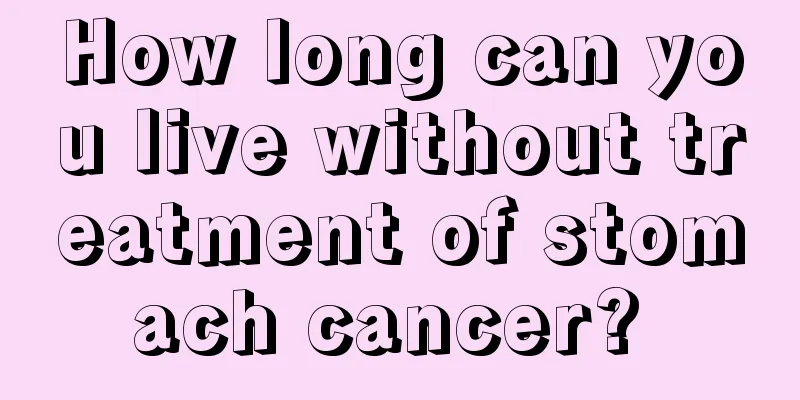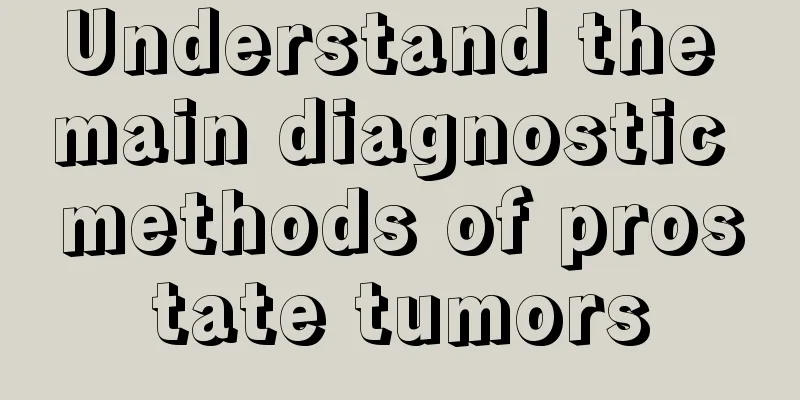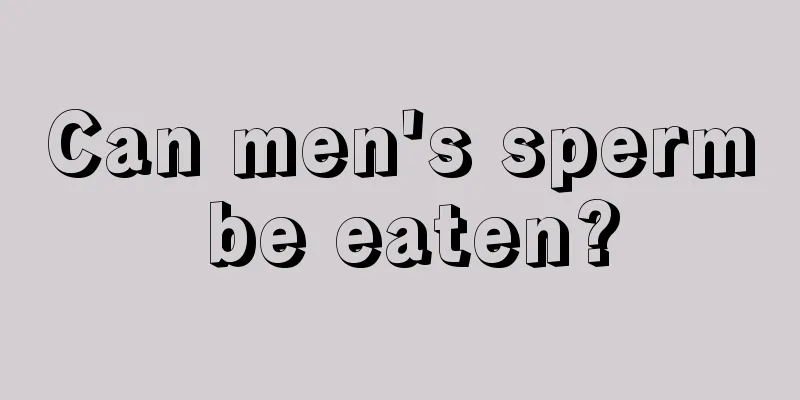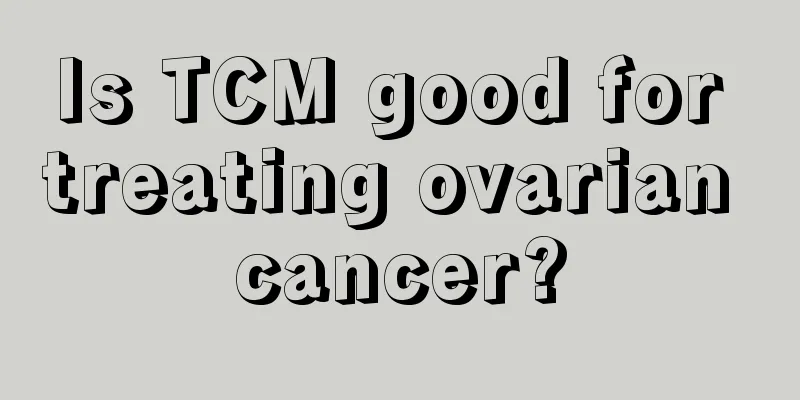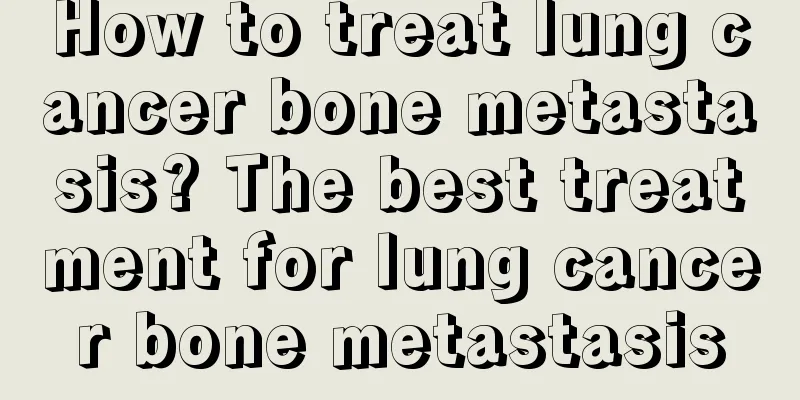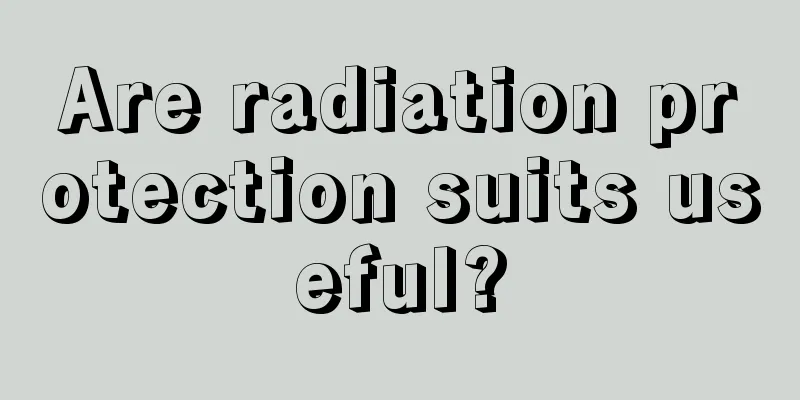What are the symptoms of heart problems?

|
Our body has a complete operating mechanism. When some organs in the body have problems, some symptoms will appear. This is the distress signal sent by the body organs to us. If we can detect these symptoms in time and take preventive measures, many serious diseases will be well treated. The symptoms of heart problems are as follows: Signal 1: Cold hands and feet The most obvious signal is the constant "rubbing of hands". Rubbing hands is because when there is a heart problem, blood circulation becomes poor, causing cold hands and feet. This sudden coldness of hands and feet is probably a "warning" from a heart problem! Signal 2: Increased heart rate If one day, without any inducement, you suddenly find that your heartbeat speeds up for no reason and lasts between 1 minute and 10 minutes. And it often occurs after physical activity, emotional excitement or excessive eating. Be aware that this may be a signal from the heart and is most likely a sign of myocardial infarction. Signal 3: Shortness of breath Shortness of breath, dizziness and difficulty breathing deeply are also major "warning signs" of heart problems. This is because when the heart has problems, it becomes weak and the blood becomes deprived of oxygen. Signal 4: Anxiety and Insomnia If you have never experienced insomnia, or if you feel anxious for no reason even when nothing stimulating or worrying has happened, it may be a sign of heart problems, most likely a myocardial infarction! This is due to insufficient oxygen supply to the heart. In clinical practice, some patients with heart disease report that they suddenly experience extreme anxiety and insomnia a few months before a myocardial infarction. Signal 5: Shoulder, Neck and Arm Pain Be especially careful if you experience shoulder, neck, and arm pain without any warning! This kind of pain can be transferred because when the heart is ischemic, the pain signal will be transmitted through the nerves and reflected in the spinal cord segment area at the same level. Nearby organs such as the shoulders, neck, chin, and arms are within this range, so these organs will feel pain. Signal 6: Unexplained fatigue After a heart attack, many heart patients often react by feeling extremely tired without doing anything. This inexplicable fatigue is also a kind of heart alarm signal! For example, they are fine when they wake up in the morning, but soon feel extremely tired, their limbs are heavy, and they have no energy to do anything. And the strange thing is that they have not done anything that consumes physical energy, they are not sick, they have not done strenuous exercise, and they have enough sleep. Signal 7: Night sweats and nausea Sudden sweating and nausea are typical symptoms of a heart attack and are also signs of early heart disease. If you also have shortness of breath, extreme tiredness, or pain, fullness, or pain that radiates from the chest to the back, shoulders, arms, or throat, see a doctor right away. Any delay of more than five minutes could put your life in danger. Signal 8: Swelling of feet Swollen feet can be caused by a variety of factors, such as pregnancy and varicose veins, but it can also be a sign of heart failure. Studies have found that swelling of the feet may occur when there is a problem with the heart valve and it cannot close normally. Signal 9: Frequent migraines Frequent migraine attacks mean your body is sending out warning signals. 12% of people suffer from migraines regularly, and this proportion rises to 40% among patients with cardiovascular disease. Although a direct link cannot be shown, it is clear that migraines are associated with certain heart abnormalities. Signal 10: Cramping when walking When you walk or move, you feel cramps and colic in your hip and leg muscles, and the pain improves after a short rest. Don't think it's just due to old age or lack of exercise. Be alert as it may be a sign of peripheral arterial disease. Peripheral arterial disease, also known as PAD. |
<<: What causes a heart murmur?
>>: What is the treatment for blocked heart vessels
Recommend
The secret to long-lasting love: these three habits must be learned
It is said that love has a shelf life. After the ...
A few drops will still flow out after urinating. Here are 5 ways to treat it
Many friends always encounter the phenomenon of a...
What should I do if my hands feel spicy after chopping chili peppers?
Chili pepper is a very common ingredient. It can ...
Could constant insomnia and dizziness be a sign of brain cancer?
Could constant insomnia and dizziness be a sign o...
There is a pain below the belly button
If you find yourself experiencing intermittent pa...
What common early symptoms of melanoma should we be alert to?
Knowing the early symptoms of melanoma is of grea...
What causes swollen lips? Five common factors that cause this phenomenon
Allergic reactions, keratoacanthoma, recurrent li...
How long can a person with esophageal tracheal fistula live
The esophagus and trachea are two completely diff...
What can I use to wash the ink off clothes?
When autumn and winter come, people will wear mor...
Is it poisonous to put Euphorbia obesa flowers in the bedroom?
If you put a few beautiful potted plants at home,...
How long does it take to see results from washing your face with rice water
Brushing teeth and washing face are things that e...
Can early cervical cancer be treated?
Cervical cancer is the most common gynecological ...
Nursing for trigeminal neuralgia caused by toothache
Only patients with more severe toothache will dev...
There is still blood clot on the fourth day after the abortion
Generally speaking, women who choose medical abor...
Small domestic plants can take people's lives
Don't underestimate the attractive-looking fl...
